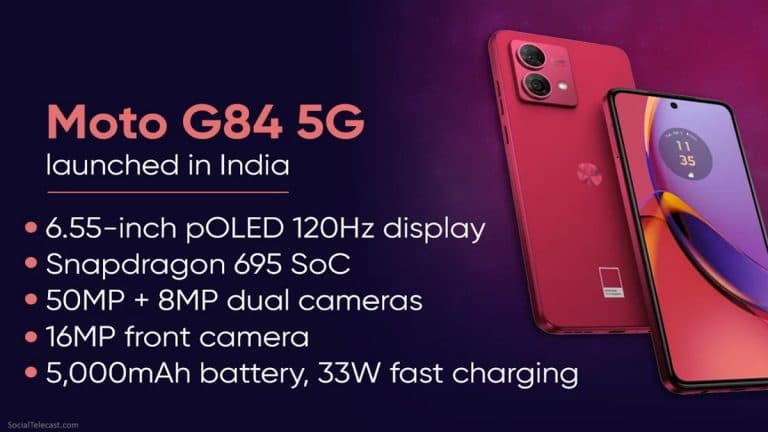Bangladesh’s Government Restricts Social Media Platforms Instagram, YouTube, TikTok, and WhatsApp Amid Protest For Quota Reforms

In a major turn of events, the government of Bangladesh imposed an immediate ban on social media platforms, Instagram, YouTube, TikTok, and WhatsApp. Yes, you read that right, this whirlwind decision was made by the Bangladeshi government amid the widespread protest within the country over quota reforms. Since the government announced its decision to impose a ban on Instagram, YouTube, TikTok, and WhatsApp, social media users in Bangladesh as well as in neighboring countries like India and Nepal, have been in a frenzy if this ban is temporary or permanent. Undoubtedly, several questions related to the bans on social media platforms in Bangladesh must be prevailing in the minds of the netizens. To cater to their queries, we have answered some most asked questions and shared everything that you need to know about this decision of the Bangladeshi government. Keep reading this article. Scroll down.
The decision of Bangladesh’s government to impose a ban on the use of social media sites like Instagram, YouTube, TikTok, and WhatsApp, came on Friday, August 2, 2024, due to the nationwide protest over quota reforms. Meanwhile, the Bangladeshi authorities felt it right to effectively restrict the usage of widely used social networking sites. Reportedly, Global Eyes News first reported that the government has banned access to popular social media sites like Instagram, YouTube, TikTok, and WhatsApp, throughout the nation. Access to these social media platforms would be limited from Friday onward, said a media outlet through its official Twitter handle.
It is worth noting that Bangladesh announced a complete ban on the use of Instagram, YouTube, TikTok, and WhatsApp across the nation on the same day when Turkey announced a similar decision. However, Turkey only imposed a ban on Meta’s Instagram while Bangladesh imposed bans on all the popular and widely-used social media sites like Instagram, YouTube, TikTok, and WhatsApp. It is not the first time when Bangladesh’s government put a ban on Meta products. The latest restrictions on social media platforms in Bangladesh follow a temporary suspension of Meta’s products including Facebook and Instagram in July this year. This shutdown reportedly came in response to the unrest throughout the country over quota reforms.
However, on July 23, 2024, the broadband services were partially restored and the mobile networks were restored after July 28. In the wake of the suspension of broadband services and mobile networks, the internet speed returned to normal level on August 1, 2024. Reportedly, millions of users were impacted by the restrictions on Facebook and Instagram which led to a surge in the VPNs’ uses. For the unversed, the students are protesting against the Prime Minister of Bangladesh, Sheikh Hasina over quota reforms. As mentioned, Bangladesh followed the decision of Turkey to ban Instagram after the country’s sensitive information was being shared on Instagram.
The social media platforms were banned amid the nationwide unrest which was triggered after the Prime Minister of Bangladesh Sheikh Hasina proposed a controversial quota system. According to the reports, this quota proposal aimed to provide reservations to the people whose family members participated in Bangladesh’s liberation movement, in government jobs. Meanwhile, students across Bangladesh started demonstrating against the administration of Sheikh Hasina and created nationwide chaos which forced the government to ban all the popular social media platforms. Interestingly, Telegram which allows the user to send large files and text messages as well, has also been banned for the first time. Some users also reported that they faced internet outage issues amid the protest in the country. Stay tuned to this website for further updates and more information.








